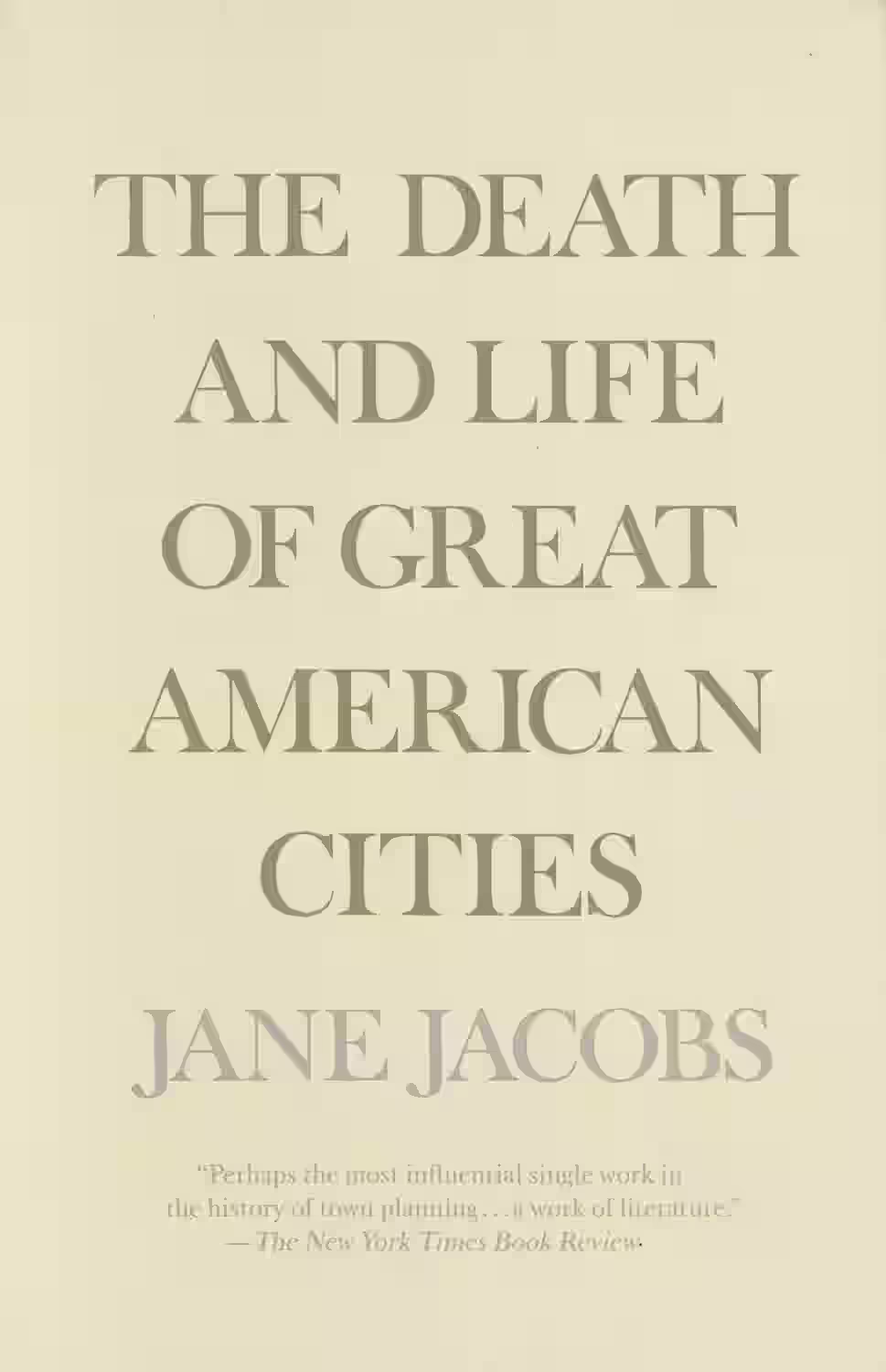
In 'The Death and Life of Great American Cities,' Jane Jacobs revolutionizes urban planning with her groundbreaking critique of urban renewal policies. Jacobs challenges the conventional wisdom of her time by advocating for diverse and vibrant neighborhoods that prioritize safety, walkability, and community engagement. Through meticulous observation and analysis, she presents a compelling argument against top-down urban planning approaches and champions the organic evolution of cities. Her work continues to shape contemporary urban planning discourse, inspiring a more people-centric approach to city design. 'The Death and Life of Great American Cities' remains a seminal text that redefines our understanding of urban life.
About Jane Jacobs
Jane Jacobs (1916-2006) was an influential American-Canadian author and urban activist known for her groundbreaking work in urban studies. Born in Scranton, Pennsylvania, Jacobs rose to prominence with her seminal book 'The Death and Life of Great American Cities' (1961), which challenged conventional urban planning theories and advocated for community-based approaches. Her keen observations on city life and social dynamics have significantly impacted urban planning and architecture, inspiring generations of city planners and activists. Jacobs's bold critiques of urban development and emphasis on the importance of local communities continue to shape discussions on urban design and sustainability worldwide.
Similar Books
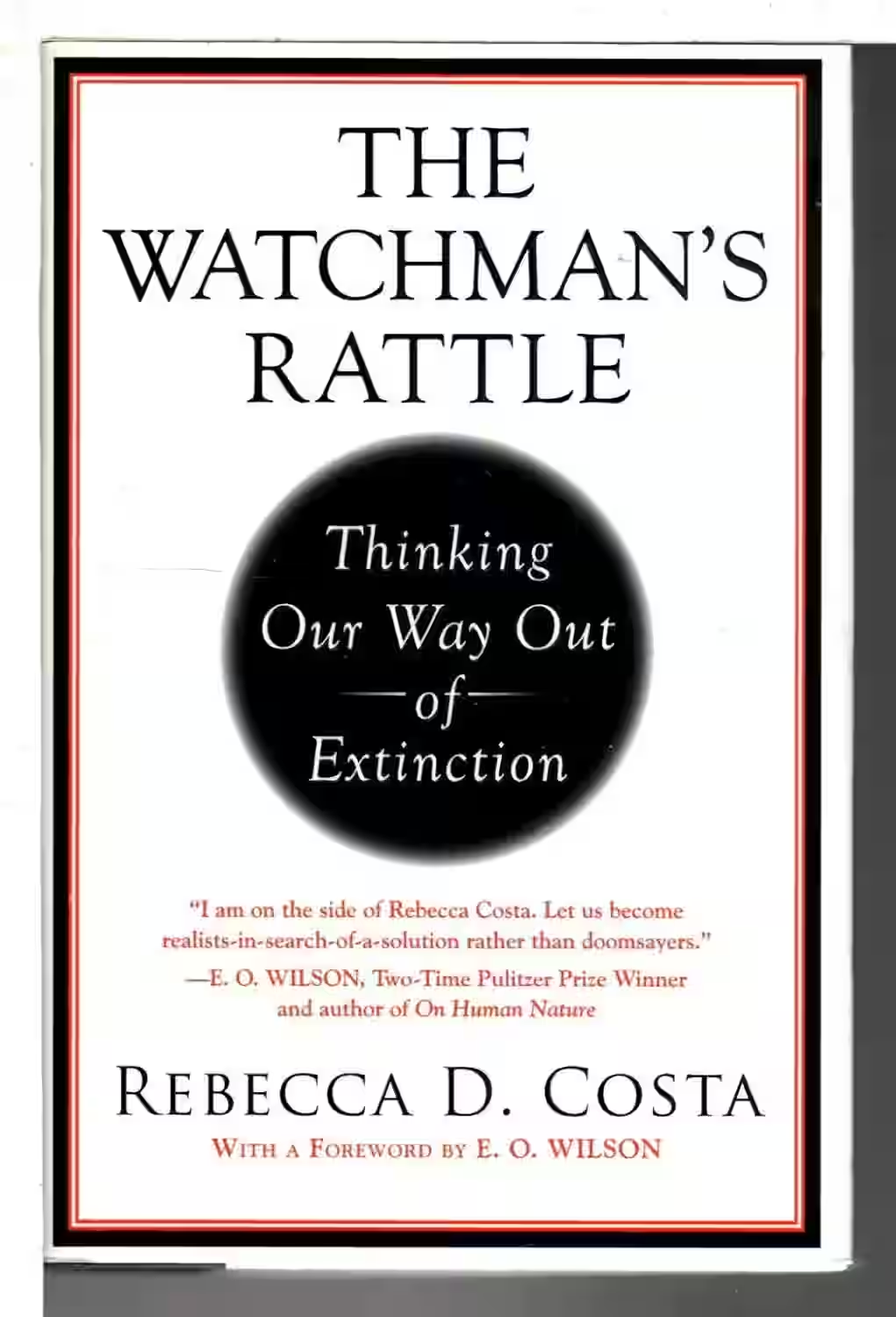
The Watchman's Rattle: Thinking Our Way Out of Extinction
Rebecca Costa’s The Watchman’s Rattle explores how civilizations collapse when complexity outpaces our ability to solve problems. Blending science, history, and psychology, she argues that as global crises become more complex, society risks paralysis unless we evolve our cognitive strategies. Costa introduces the idea of “cognitive threshold,” suggesting we must adopt new ways of thinking—such as intuition and pattern recognition—to survive modern challenges. The book links ancient failures with contemporary threats like climate change and global instability. It’s a call to embrace adaptive thinking before our most pressing problems become unsolvable.
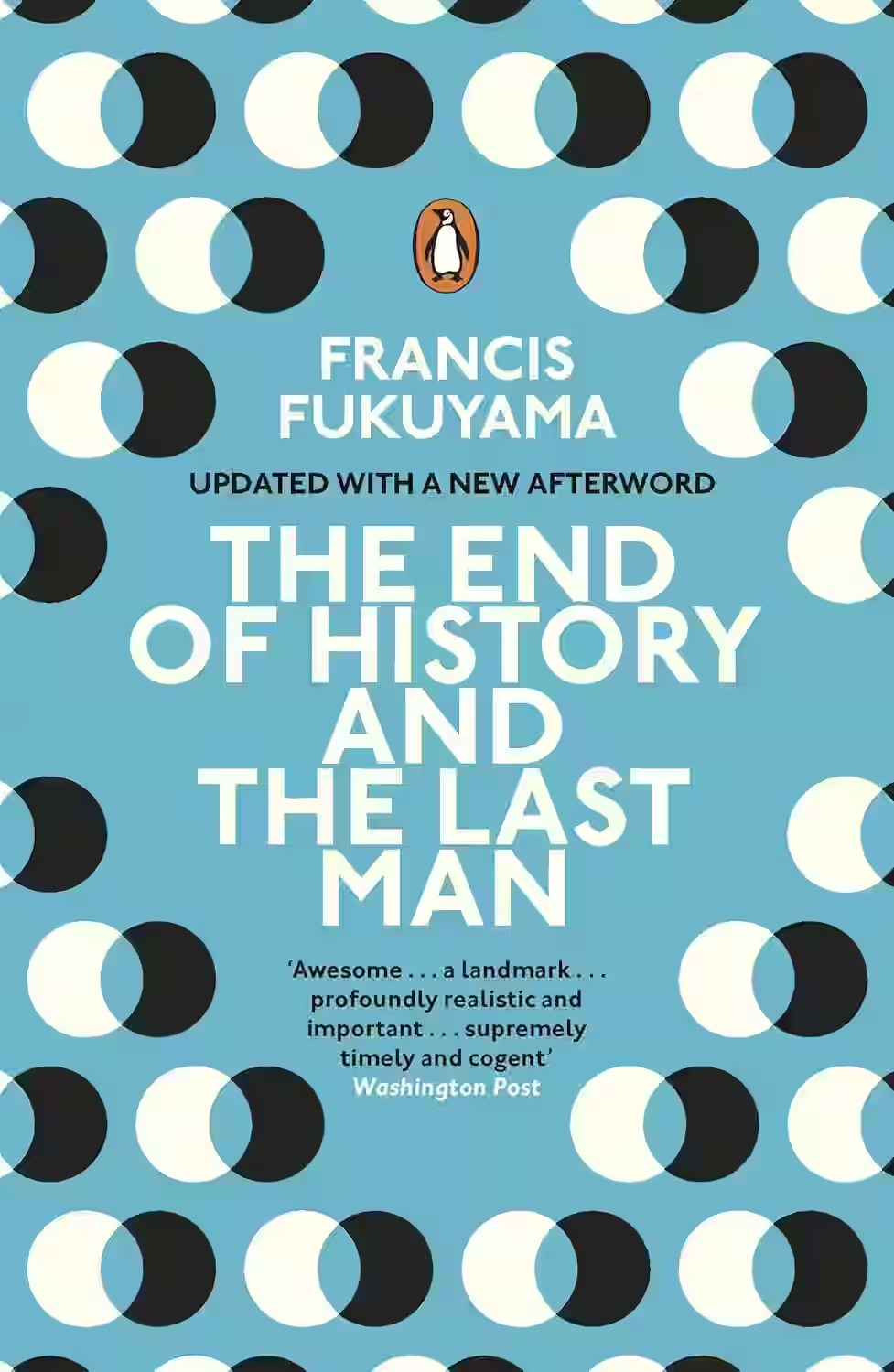
The End of History and the Last Man
In 'The End of History and the Last Man,' Francis Fukuyama explores the concept of the end of history, arguing that liberal democracy represents the final form of government and the ultimate goal of human socio-political development. Fukuyama delves into the Hegelian idea of humanity's journey towards a universal state of freedom and democracy, positing that the fall of the Soviet Union marked the realization of this vision. However, he contemplates the challenges to this theory, particularly the rise of identity politics and challenges to the liberal democratic order. This thought-provoking book continues to spark debates on the future of global governance and ideology.
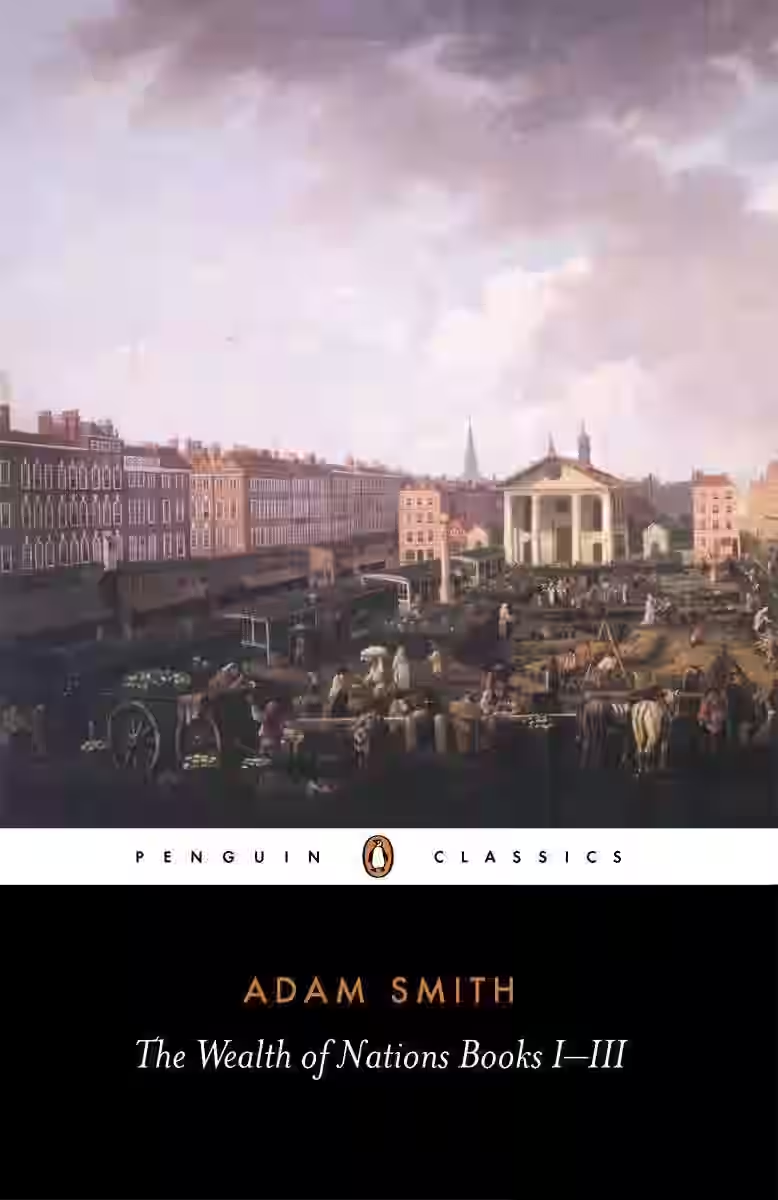
The Wealth of Nations: Books I-III
by Adam Smith
Series: The Wealth of Nations (#1)
In Books I–III of The Wealth of Nations, Adam Smith lays the foundation of classical economics by exploring the nature of labor, productivity, and market systems. He introduces the concept of the "invisible hand" and argues that individual self-interest can promote the public good through free-market mechanisms. Book I focuses on the division of labor and value, Book II on capital and stock, and Book III on the historical evolution of economic systems. Smith’s analysis of productivity, competition, and the role of self-regulation revolutionized economic thought and established key principles that underpin modern capitalism and economic theory.
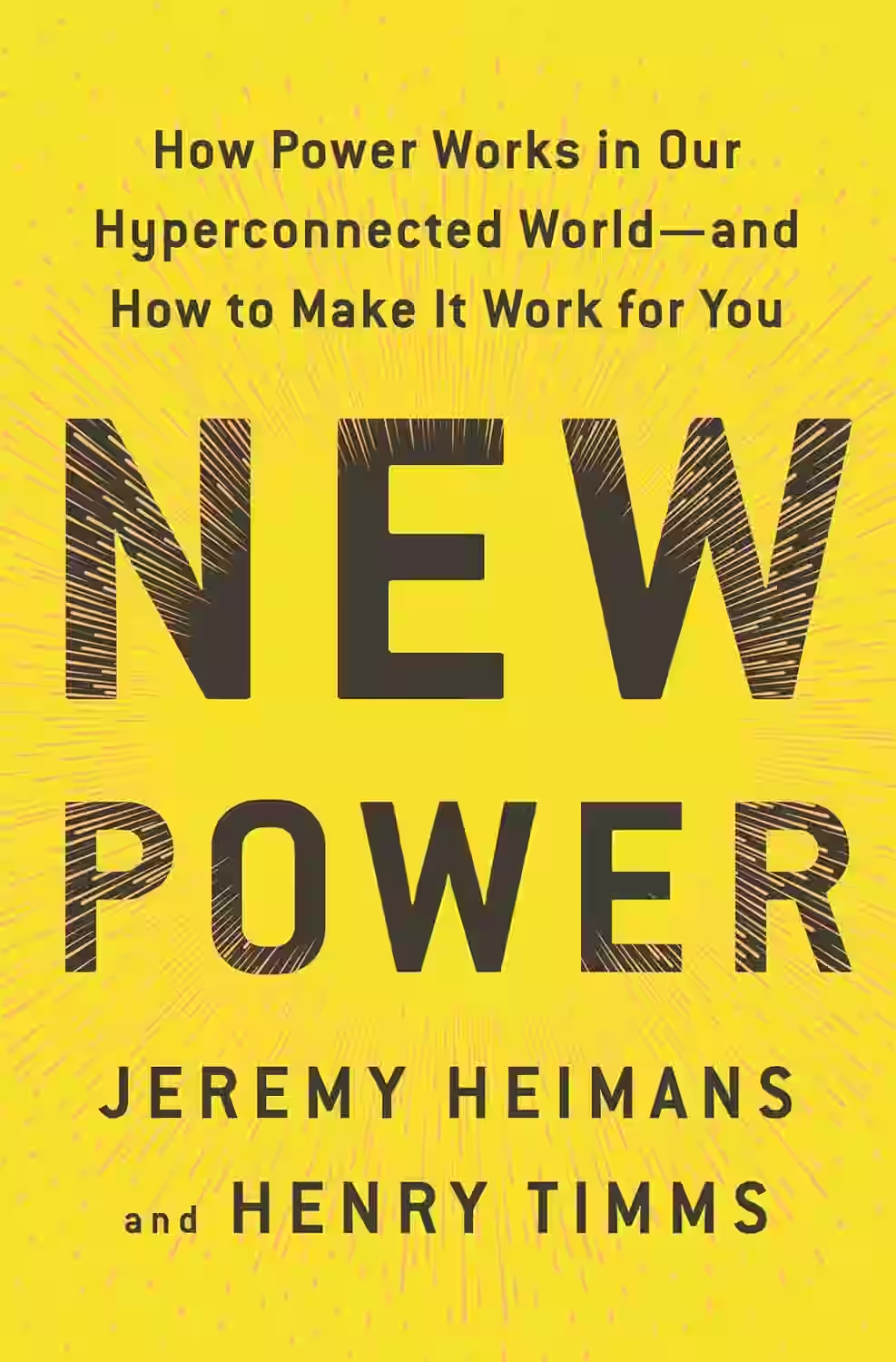
New Power: How Power Works in Our Hyperconnected World
by Jeremy Heimans, Henry Timms
New Power explores how influence, leadership, and engagement have evolved in the digital age. The authors contrast "old power"—top-down, closed, and leader-driven—with "new power"—open, participatory, and crowd-sourced. Through case studies like #MeToo, Airbnb, and TED, they show how modern movements and brands leverage community and transparency. The book offers tools for leaders, activists, and entrepreneurs to harness this shift effectively. Branson and other innovators have praised New Power for its relevance in today’s hyperconnected world, where collaboration and authenticity often matter more than hierarchy or control.